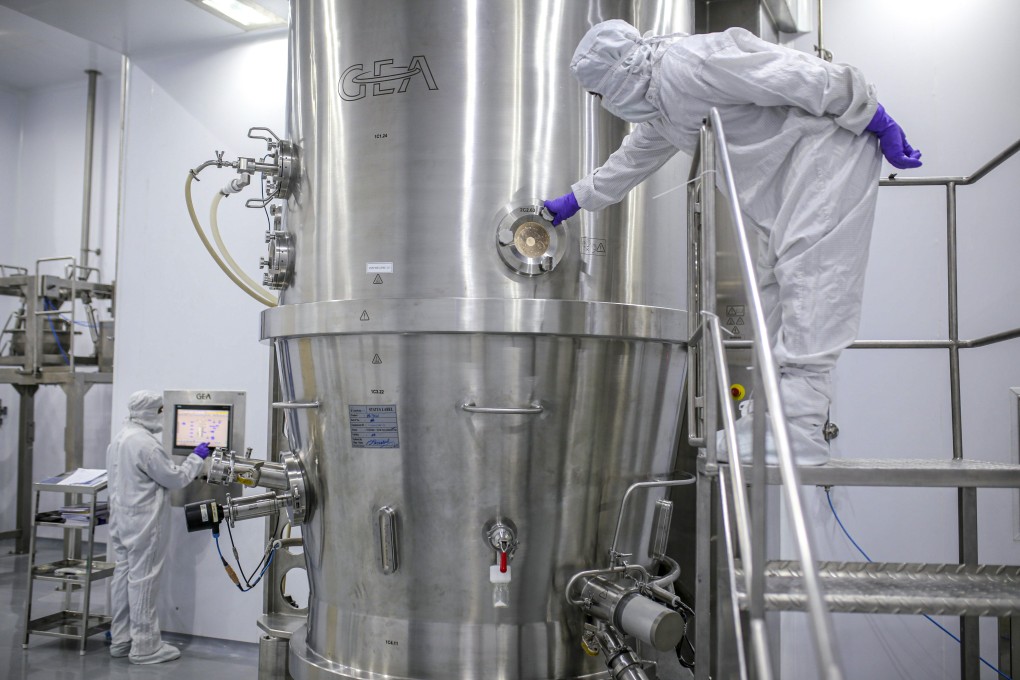Advertisement
India needs China for critical medicine ingredients, but an ambitious initiative aims to correct that
- Relying on China for active pharmaceutical ingredients has proved troublesome for Indian drug makers during the pandemic, but it’s a problem decades in the making
- New data shows dozens of funding applications have been approved in India to bolster production of crucial drug components – many of which come mainly from China
Reading Time:5 minutes
Why you can trust SCMP
4

India is making progress in efforts to bolster its pharmaceutical sector and reduce the nation’s dependence on medication from China, by expanding the scale of domestic production and reducing costs – an ambitious goal that has been given greater impetus amid the pandemic.
Despite being the third-largest manufacturer of medicines by volume, India relies on China to supply almost 70 per cent of active pharmaceutical ingredients (APIs) – chemicals that are responsible for the therapeutic effect of those medicines – such as paracetamol for painkillers.
India manufacturers and supplies about 50 per cent of the domestic demand for bulk drugs, but most of the critical ingredients and materials used in their production are sourced from China, according to a report from July 2021 by the Research and Information System (RIS) for Developing Countries, a New Delhi-based think tank under the Ministry of External Affairs.
Prime Minister Narendra Modi boasted last year that India was considered the “pharmacy of the world”, given how much medicine the country exports. But even as his country has been trying to reduce its glaring dependency on external supplies for the better part of a decade, it was the pandemic that brought a renewed sense of urgency to the task.
“Companies that were heavily reliant on China faced a lot of disruptions [during the pandemic],” said Deepak Jotwani, assistant vice-president at the Investment Information and Credit Rating Agency (ICRA) of India.
And the volatility in prices due to a supply-demand mismatch, and frequent disruptions in the production process, still continue, he said.
Advertisement